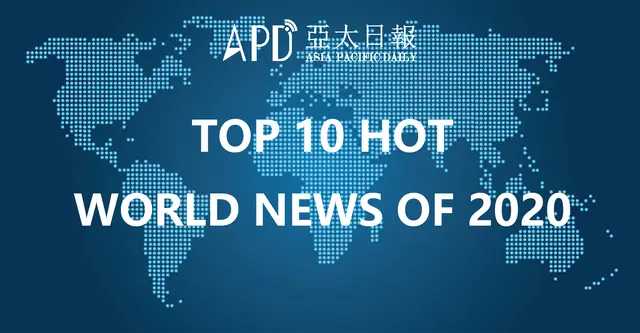The year 2020 is coming to an end. Numerous major news events took place over the past year. APD's Review Committee voted in the top 10 world news of 2020.
1. International consensus on respect for science and unity in fighting COVID-19 pandemic
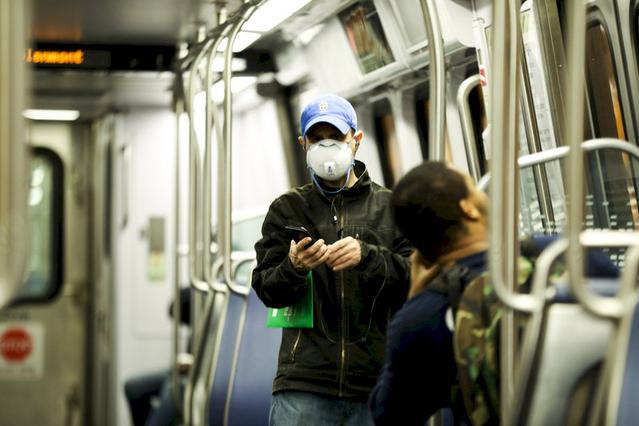
The novel coronavirus became the most serious pandemic in a century. As of December 27, the COVID-19 disease has claimed more than 1.75 million lives worldwide, triggering a global crisis.
Facing the common enemy, the international community has formed a united and scientific front to fight its spread.
China promised its vaccines will be made global public good and take on the responsibility of being the world's largest supplier of anti-epidemic materials.
2. US Elections: Joe Biden elected the 46th president
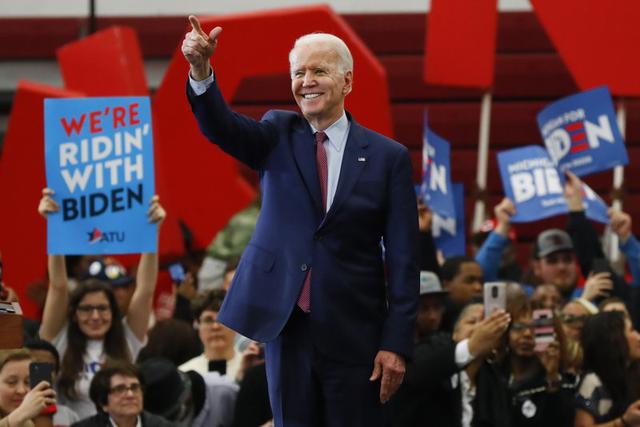
On the 2020 US president election, Joe Biden has amassed the 270 Electoral College Votes required to be the US president. CBS News projects Joe Biden has secured enough electoral votes to become the 46th president of the United States, defeating President Trump and capturing the White House after a bitter campaign that exposed deep divides in the country.
The former vice president's victory in Pennsylvania marks the third Rust Belt state that President Trump won in 2016 which in turn supported Biden in 2020, along with Michigan and Ohio. Biden is also leading in Nevada, Arizona and Georgia, which Mr. Trump won in 2016.
Mr. Trump has refused to acknowledge the validity of legally cast ballots that have been counted since Election Day. However, Biden took an insurmountable lead in Pennsylvania on Saturday morning, closing the president's last path to victory.
The Trump campaign has launched lawsuits in several critical states in an attempt to delay the counting of votes it considers to be disputed, but this litigation has thus far been unsuccessful.
Biden's victory is historic, as his running mate, Kamala Harris, will be the first woman and first Black and Asian-American person to serve as vice president.
3. Law on safeguarding national security in Hong Kong takes effect
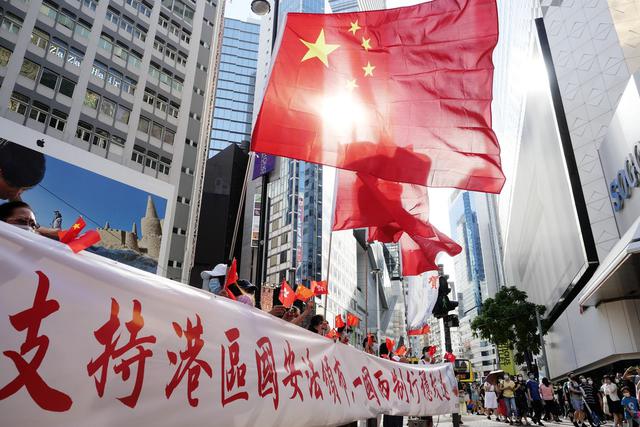
The law of the People's Republic of China on Safeguarding National Security in the Hong Kong Special Administrative Region (HKSAR) took effect at 23:00 local time on June 30.
The promulgation of the law was signed by HKSAR Chief Executive Carrie Lam and published in the Gazette, according to a statement of the HKSAR government.
The law was passed at the 20th session of the Standing Committee of the 13th National People's Congress (NPC). The NPC Standing Committee consulted the HKSAR Basic Law Committee and the HKSAR government and listed the law in Annex III to the HKSAR Basic Law.
4. 15 nations sign RCEP trade pact – world's biggest FTA

The long-awaited Regional Comprehensive Economic Partnership (RCEP), covering nearly a third of the global population and about 30 percent of global GDP, was signed by its 15 members on November at the fourth RCEP summit in Hanoi.
It is the world's biggest free trade agreement (FTA) measured in terms of GDP, larger than the Comprehensive and Progressive Agreement for Trans-Pacific Partnership (CPTPP), the European Union, the recent U.S.-Mexico-Canada Free Trade Agreement or Mercosur, according to Rajiv Biswas, chief economist for the Asia-Pacific region of IHS Markit.
The agreement will promote fewer tariffs on trade in goods, and better rules for trade in services, including market access provisions for service sector suppliers from other RCEP countries. Besides, non-tariff barriers to trade among its members, such as customs and quarantine procedures and technical standards will be reduced.
It will also allow for one set of rules of origin to qualify for tariffs reduction with RCEP members. A common set of regulations mean fewer procedures and easier movement of goods.
Initiated by the Association of Southeast Asian Nations (ASEAN) in 2012, RCEP is a proposed FTA between the 10 ASEAN member states and their six FTA partners, namely China, Japan, South Korea, Australia, New Zealand, and India who was involved in earlier discussions but opted out last year.
5. The killing of George Floyd, an African American man, triggers mass protests; U.S. leaves multilateral organizations
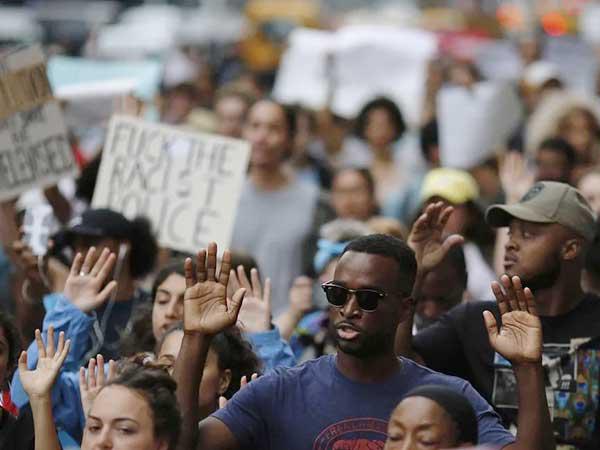
On May 25, George Floyd, an African American man, was killed by police while in custody. Protests and demonstrations triggered riots and violent clashes in many parts of the United States. The Black Lives Matter movement also expanded beyond the U.S. with protests against racism taking place in other parts of the world.
Furthermore, race played a factor in this year's U.S. elections, with political commentators stating that the two parties in the U.S. could become even more polarized.
In addition, the U.S. successively withdrew from the World Health Organization, the Open Skies Treaty, the Paris Agreement, and interfered with the selection of the Director-General of the World Trade Organization. A series of actions made it increasingly isolated in the international community.
6. China, India reach 5-point consensus on deescalating border tension
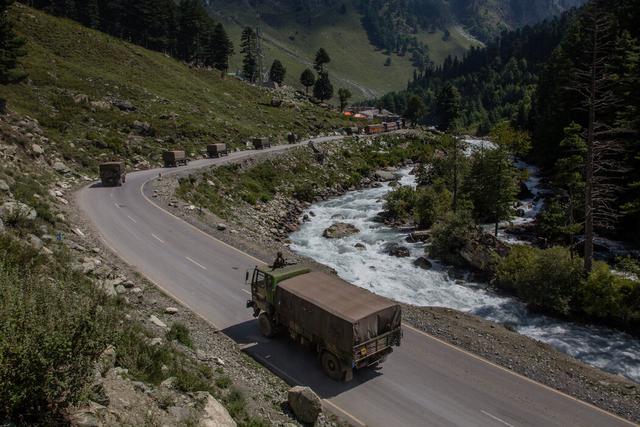
China and India have reached a five-point consensus regarding the current situation, including the disengagement of border troops and easing of tensions.
The consensus was reached after a full, in-depth discussion between Chinese State Councilor and Foreign Minister Wang Yi and Indian External Affairs Minister Subrahmanyam Jaishankar on the sidelines of a foreign ministers' meeting of the Shanghai Cooperation Organization (SCO) in Moscow on September 10.
According to the joint statement, two foreign ministers agreed that both sides should take guidance from the series of consensus of the leaders on developing India-China relations, including not allowing differences to become disputes.
They further agreed that border tension is not in the interest of both sides and border forces from China and India should maintain communication, disengage as soon as possible and maintain a necessary distance.
"Both sides shall abide by all the existing agreements and protocols on China-India boundary affairs, maintain peace and tranquility in the border areas and avoid any action that could escalate matters," the joint statement said.
Wang and Jaishankar also agreed to keep using the existing mechanisms to carry out discussions over border issues.
The Special Representatives mechanism on border issues started meeting in 2003 and a bilateral Working Mechanism for Consultation and Coordination (WMCC) on border affairs was launched in 2012.
7. Suga wins Japan's LDP leadership election, set to be next prime minister
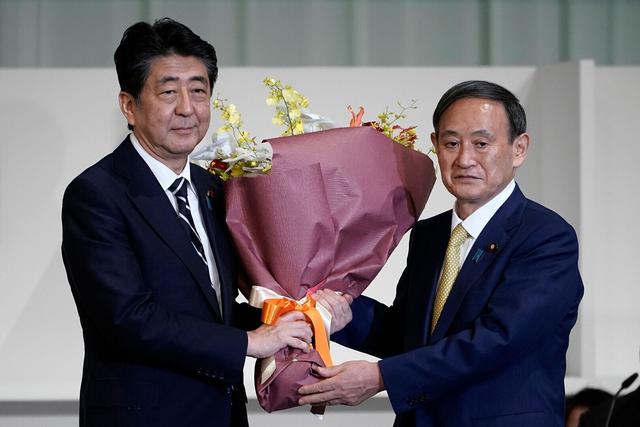
Japan's Chief Cabinet Secretary Yoshihide Suga won the Liberal Democratic Party (LDP)'s leadership election on September 14 and will ultimately be Japan's new leader, replacing outgoing Prime Minister Shinzo Abe.
Suga won by a large margin over his two rivals Shigeru Ishiba, a former defense minister, and Fumio Kishida, a former foreign minister. In the final result, Suga won 377 votes, Kishida 89 and Ishiba 68 out of a total of 534 votes.
The winner of the LDP race is almost certain to be elected prime minister in a parliamentary vote on Wednesday because of the LDP's majority in the lower house. Suga will serve out Abe's term as party leader through September 2021.
Abe, Japan's longest-serving premier, said last month he would quit due to ill health, ending a nearly eight-year term.
8. UK and EU strike historic post-Brexit trade deal
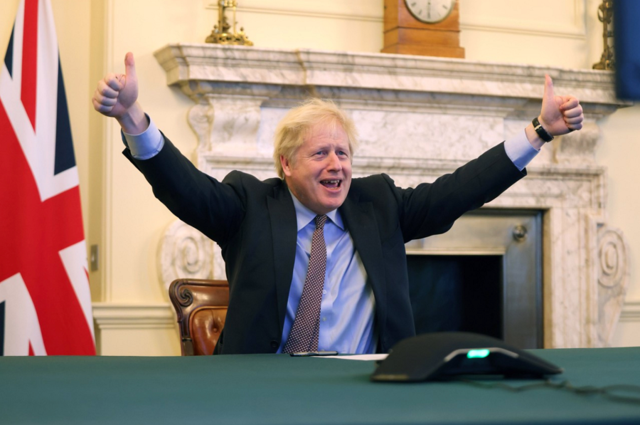
Britain and the European Union agreed on new Brexit trading arrangements more than four years after the U.K. voted to leave the bloc, narrowly avoiding a potentially disastrous no-deal scenario.
The two sides reached a “zero tariff-zero quota deal” which will help smooth the trade of goods across the channel. It will bring relief to exporters on both sides that had been facing higher tariffs and costs had a deal not been reached.
U.K. Prime Minister Boris Johnson and EU Commission President Ursula von der Leyen praised the deal.
“The arguments with our European partners were at times fierce but this, I believe, is a good deal for the whole of Europe,” Johnson said at a press conference.
While von der Leyen said: “It is fair, it is a balanced deal and it is the right and responsible thing to do for both sides. She added that Europe would continue to cooperate in all areas with the U.K., which she described as a “trusted partner.”
Sterling trimmed some gains after the news was announced, but was still up 0.5% for the session at around $1.3557. Earlier this month, the currency breached a 2020 high of $1.3624, a level it hasn’t hit since May 2018.
Four years after the Brexit vote, Britain and the EU finally reached the divorce procedure, and they finally avoided the Brexit without agreement. On January 29th, the European Parliament voted to approve the Brexit agreement, Britain came into a 11months of transitional period. after 9 months of negotiations. On December 24th, the UK government announced that Britain and Europe had reached a free trade agreement, and Britain finally completed its Brexit.
9. The 'Year of Mars' and China's historic moon mission
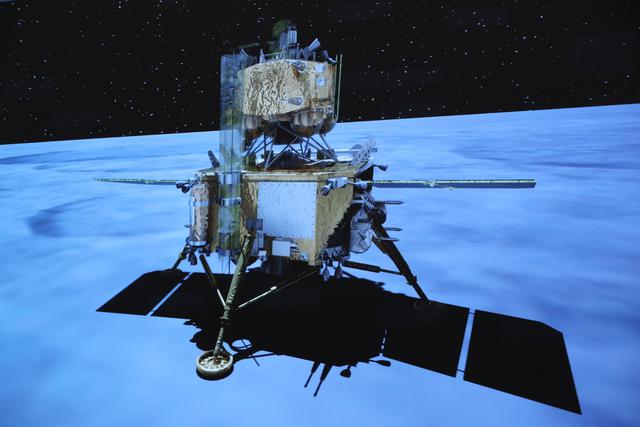
The year 2020 has also been called the "Year of Mars." On July 23, the Tianwen-1, which performed China's first Mars exploration mission, was successfully launched, marking the first step in China's autonomous planetary exploration. In July, the UAE and the United States also launched Mars probes one after the other.
In the early morning of December 17, China's Chang'e-5 returner carried lunar samples back to Earth, marking the perfect conclusion of the three-step plan of the lunar exploration project "orbiting, landing, and returning," laying a solid foundation for the world's future lunar and planetary exploration.
10. Postponed Olympic Games will be simplified, says Tokyo 2020 CEO
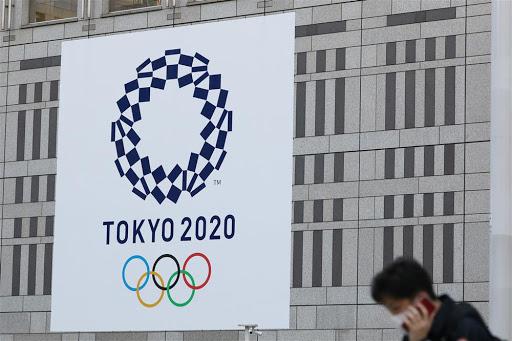
The Tokyo 2020 organizing committee said that they have agreed with the International Olympic Committee to hold a "simplified" games next summer.
When asked about the possibility of the games being called off entirely due to the coronavirus pandemic, Tokyo Olympic organizing committee President Yoshiro Mori said the local organizers and IOC had "never discussed cancellation."
The goals to streamline hosting the event are to battle "the biggest challenge" thrust upon the organizing committee, safety issues amid the coronavirus pandemic, and reducing cost.
The Tokyo Olympic Games, which were originally scheduled to start in July 2020, were postponed by a year in March due to the coronavirus pandemic. The games are due to start on July 23, 2021.
(ASIA PACIFIC DAILY)
 简体中文
简体中文

